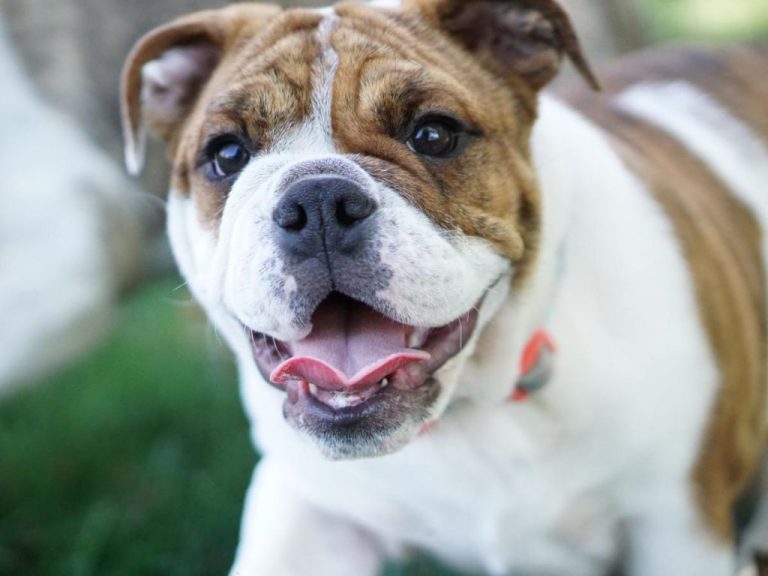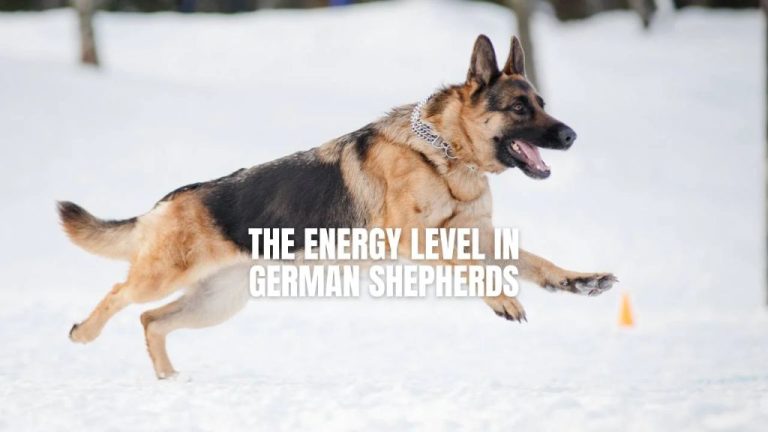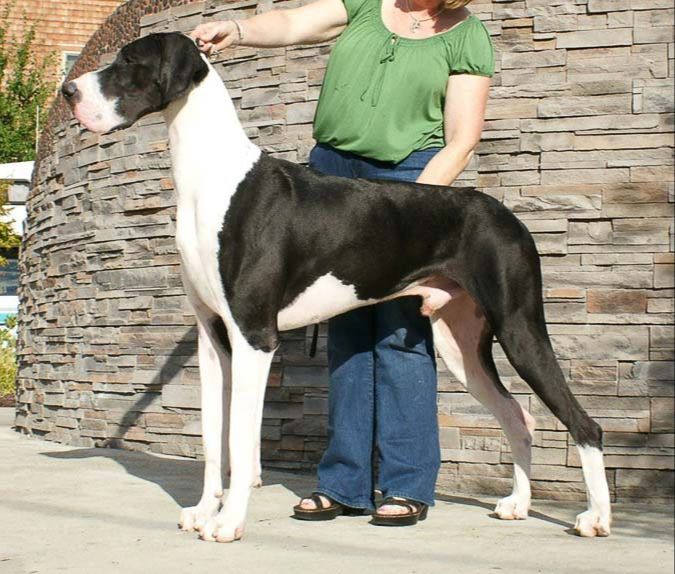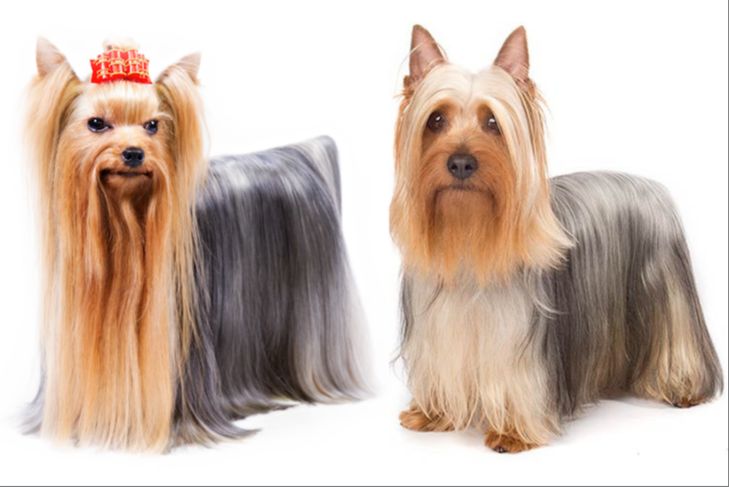Pembroke Welsh Corgi: Traits And Characteristics Of The “”Corgi””
The Pembroke Welsh Corgi is one of two breeds of the Welsh Corgi dog that originated in Pembrokeshire, Wales. According to some sources, the Pembroke Welsh Corgi lineage has been traced back as far as 1107 AD when Flemish weavers brought the dogs with them as they traveled to reside in Wales (Wikipedia). The Pembroke Welsh Corgi was officially recognized as a breed in the early 20th century. Originally bred to herd cattle, sheep, and horses, they were a useful asset on farms in Wales. The Pembroke Welsh Corgi became popular as a companion dog and family pet due to their intelligence, affectionate nature, and cute appearance.
Physical Characteristics
The Pembroke Welsh Corgi is a small but sturdy dog breed with a fox-like head, erect ears, and a medium-length tail (AKC). They have a long body that is low to the ground, supported by short legs with rounded, cat-like paws. Their build allows them to easily maneuver and run quickly.
The Pembroke stands 10-12 inches tall at the shoulder and weighs up to 30 pounds. They have a weather-resistant double coat consisting of a short, thick undercoat and medium-length outer coat. Common coat colors include red, sable, fawn, and black and tan, often with white markings on the legs, chest, neck, muzzle, and belly (DogTime).
The Corgi has almond-shaped dark eyes and a black nose. They have a lifespan of 12-15 years.
Temperament
Pembroke Welsh Corgis are known for being highly intelligent, alert, and eager to please. They are very trainable dogs that respond well to positive reinforcement techniques [1]. Pembrokes have an active nature and enjoy mental stimulation through activities like agility, obedience training, and tracking [2].
The Pembroke Welsh Corgi is an affectionate and lively breed. They form strong bonds with their families and want to be involved in household activities. Pembrokes have an outgoing personality and are rarely shy or aggressive. However, they can be reserved initially around strangers [1].
This energetic breed has a herding instinct and may try to nip at people’s ankles while playing. Early socialization and training can curb this habit. With appropriate outlets, Pembroke Welsh Corgis make wonderful family companions.
Health
Corgis are generally healthy dogs but are prone to certain conditions. Some common health issues seen in the breed include hip dysplasia, intervertebral disc disease, eye problems like progressive retinal atrophy, and neurological conditions like degenerative myelopathy.
Corgis are genetically prone to hip and elbow dysplasia, which can lead to arthritis later in life. Keeping them at a healthy weight and providing regular, moderate exercise can help prevent joint issues. Due to their long backs, IVDD is also a concern. Jumping on and off furniture should be avoided and stairs/ramps can be provided.

Von Willebrand disease, a bleeding disorder, is sometimes seen in the breed. Annual vet checkups and genetic testing of breeding dogs helps monitor and control inheritable conditions. With proper care, Pembroke Welsh Corgis have a typical lifespan of 12-15 years.
Grooming
The Pembroke Welsh Corgi has a medium-length double coat that is fairly easy to groom and maintain. The outer coat is medium in length and coarse, while the undercoat is soft and fluffy. Corgis shed moderately year-round and more heavily during shedding seasons in the spring and fall. Frequent brushing can help manage loose hair.
Experts recommend brushing a corgi’s coat 1-2 times per week using a slicker brush or pin brush. Regular brushing removes dead hair, distributes skin oils, and prevents matting. Use a metal comb to detangle any knots. Bathing should be done only when necessary using a mild dog shampoo. Overbathing can dry out the skin and coat. Many owners find bathing every 2-3 months sufficient.
Corgis do not require frequent haircuts, as their natural coat length protects them from weather extremes. Simply trim the fur on the feet if it gets scraggly. Nail trimming is needed every few weeks. Check and clean the ears regularly to avoid infections. For shedding season, increase brushing to daily.
Overall, the Pembroke Welsh Corgi’s grooming needs are moderate. With weekly brushing and occasional bathing, their coat can stay in great shape.
Training
Corgis are intelligent dogs that generally respond well to training, but it requires consistency and patience (How to Train a Corgi). The best methods involve positive reinforcement with food rewards and praise. Never use punitive techniques that will damage the trust between you and your corgi.
It’s important to start training and socialization early, as soon as you bring your corgi puppy home. Young corgis can be nippy and need to learn not to bite. Provide plenty of chew toys to redirect biting and say “No!” firmly, then ignore them for a short time if they continue (Corgi Training for Beginners). Socialize them in a variety of environments with many different people.
One of the biggest challenges with corgi training is curbing their tendency to bark. Be patient and consistent in redirecting barking to an alternative positive behavior, like a trick or toy. Never yell at them as this can reinforce the barking. Adult rescues may have ingrained habits that require professional help.
While corgis are independent thinkers, they aim to please their owners. Set aside 10-15 minutes daily for training sessions using positive reinforcement. Work on basic commands as well as tricks to keep their minds engaged and prevent boredom. Proper exercise will also help minimize undesirable behaviors.
Exercise
Pembroke Welsh Corgis are active, energetic dogs that need daily exercise and playtime. They were originally bred as herding dogs and retain high exercise needs. According to Vet Guide, Corgis should be walked for at least 1 hour per day to meet their exercise requirements.
Adult Pembrokes need a minimum of 1 hour of physical activity every day, as recommended by Stumps and Rumps. This exercise can be met through two brisk 30-minute walks, play sessions at the park, or games of fetch. Puppies and older dogs may need slightly less vigorous exercise.
Corgis love to run and play. Providing opportunities for daily activity through jogging, hiking, swimming, or agility courses allows them to burn off their natural energy. A securely fenced backyard can also provide space to play, but does not replace the need for structured walks and activity.
Regular exercise helps prevent obesity, boredom, and destructive behaviors in Corgis. Satisfying their high activity demands through both mental and physical stimulation is key to having a happy, healthy Pembroke.
Nutrition
Corgis have specific nutritional needs to support their health and wellbeing. As medium-sized dogs, adult Pembroke Welsh Corgis generally need between 320-800 calories per day depending on activity level and other factors.
It’s important to feed them a high-quality diet rich in protein and fat. Meat, fish, eggs, and organ meats should make up the bulk of their diet. Corgis also need fruits, vegetables, healthy carbohydrates, essential fatty acids, vitamins, and minerals.
Portion control is necessary to prevent obesity, which is common in the breed. Use recommended feeding guidelines based on your corgi’s age, weight, and activity level. Puppies need more calories for growth and seniors less. Divide daily portions into 2-3 meals.
Avoid overfeeding treats and table scraps. Corgis can develop food allergies or intolerances, so introduce new foods slowly. Some human foods like chocolate, onions, grapes/raisins are toxic. Provide fresh water at all times.
Talk to your vet if you have any questions about your corgi’s dietary needs. Proper nutrition from puppyhood through their senior years is key for their health.
Sources:
https://www.petplate.com/blog/diet-nutrition-guide-corgis/
https://www.prodograw.com/raw-feeding-guide/pembroke-welsh-corgi-feeding-guide/
As Pets
The Pembroke Welsh Corgi makes an excellent family pet. They are affectionate, playful, and good with children. However, their herding instincts can sometimes cause them to nip at heels, so supervision is recommended around young kids. Corgis are smart and eager to please, making them fairly easy to train. However, consistency is important as they can be stubborn at times.
Thanks to their small size, Pembrokes adapt well to apartment living provided they get daily walks and playtime. A small, fenced yard is ideal. This breed enjoys being with their family and does not do well left alone for long periods.
Early socialization is recommended if you want your Corgi to get along with other pets. They are bold and bossy by nature and may try to herd other animals. But with proper introductions they can coexist peacefully.
In summary, the Pembroke Welsh Corgi is a fun-loving small dog that thrives as a family companion. Their moderate exercise needs and compact size make them a good choice for those in apartments or smaller homes. They are affectionate and energetic pets that do best when included in family activities.
Fun Facts
The Pembroke Welsh Corgi has a fascinating history and some unique characteristics that make it a very popular breed. Here are some interesting fun facts about the Pembroke Welsh Corgi:
The Pembroke Welsh Corgi is often cited as one of the favorite breeds of Queen Elizabeth II, who has owned over 30 corgis in her lifetime.[1] The Queen’s love of the breed has made the Pembroke Welsh Corgi more popular and well-known around the world.
According to legend, Pembroke Welsh Corgis were a gift from fairies and elves and were used to pull fairy carriages.[2] This mythical backstory adds to their charm.
Their short stature and big, fox-like ears have earned them the nickname “fairy steeds.”[1]
Pembroke Welsh Corgis are very popular in the United States – according to AKC registration statistics, Pembroke Welsh Corgis have ranked in the top 20 most popular breeds since 2001.[3]





